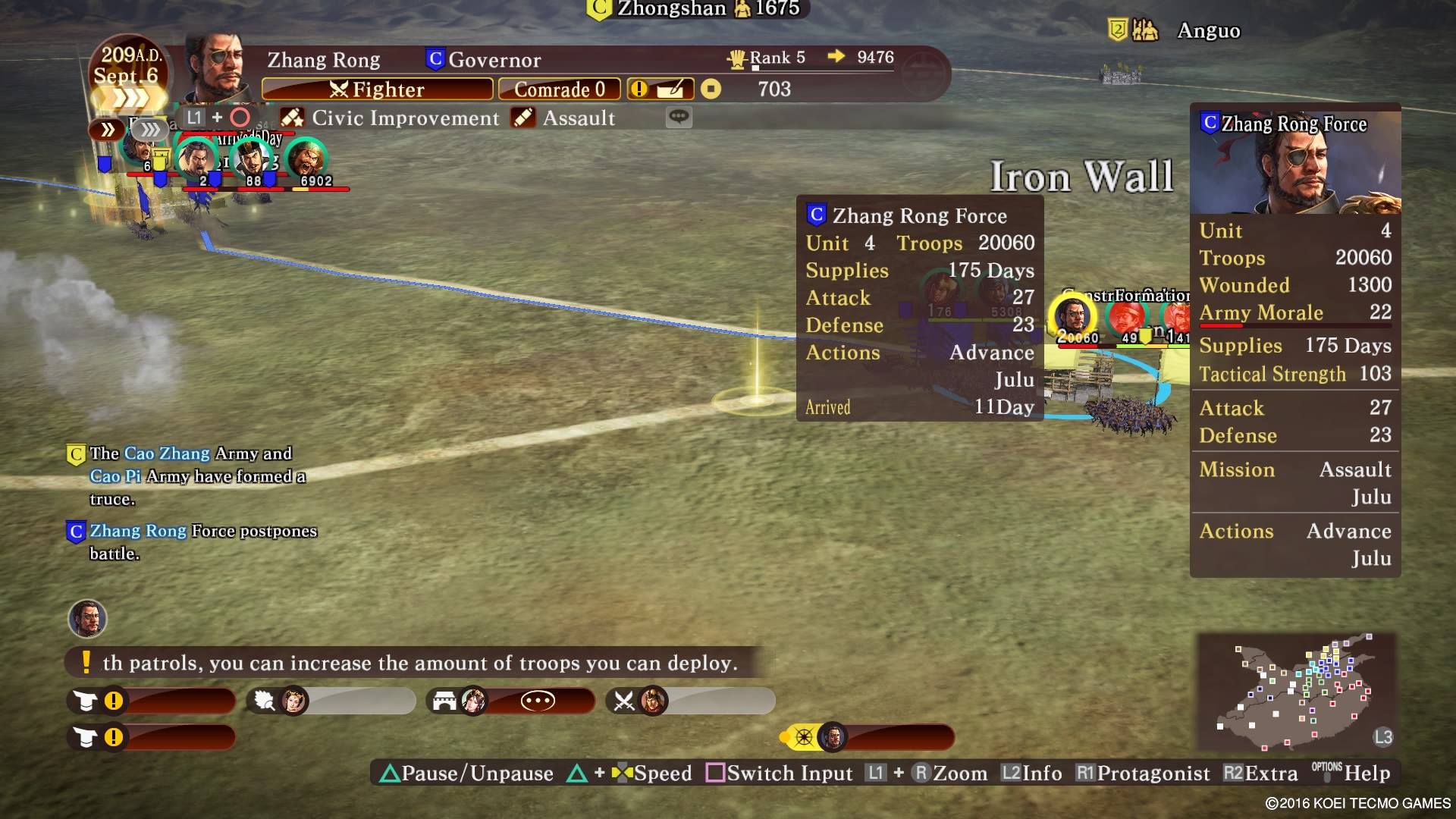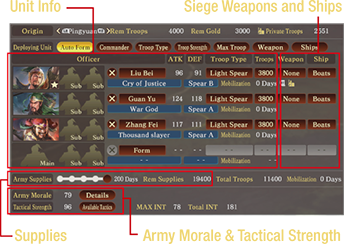
Aged 16, Mao moved to a higher primary school in nearby Dongshan. The famine spread to Shaoshan, where starving peasants seized his father's grain disapproving of their actions as morally wrong, Mao nevertheless claimed sympathy for their situation. His political views were shaped by Gelaohui-led protests which erupted following a famine in Hunanese capital Changsha Mao supported the protester's demands, but the armed forces suppressed the dissenters and executed their leaders. Influenced by Great Heroes of the World, Mao was inspired by the military prowess and nationalistic fervour of American George Washington and Frenchman Napoleon Bonaparte. Working on his father's farm, Mao read voraciously in his spare time, developing a "political consciousness" from Zheng Guanying's Sheng-shih Wei-yen ( Words of Warning to an Affluent Age), a booklet which lamented the deterioration of Chinese power in East Asia, arguing for technological, economic and political reform, modelling China on the representative democracies of the western world.

Luo was locally disgraced and eventually died in 1910. Never living together, Mao refused to recognise her as his wife, becoming a fierce critic of arranged marriage and temporarily moving away to live with an unemployed student. Īt the age of 13, Mao finished primary education, and his father had him married to the 17-year-old Luo Yigu, uniting their land-owning families. Reacting against his Confucian upbringing, aged 11 Mao ran away from home, heading for what he believed was a nearby town, but his father found him and brought him home. Learning the value systems of Confucianism, one of the dominant moral ideologies in China, Mao later admitted that he didn't enjoy the classical Chinese texts preaching Confucian morals, instead favouring popular novels like Romance of the Three Kingdoms and Water Margin. Mao's father recognised the financial value of a basic education, sending the 8-year-old Mao to the local Shaoshan Primary School. Mao's childhood home in Shaoshan, in 2010, by which time it had become a tourist destination. The family lived with Yichang's father, Mao Enpu, who died when Zedong was ten. His father was largely irreligious, although after surviving an encounter with a tiger, gave offerings to the gods in thanks. Zedong became a Buddhist, venerating a bronze statue of the Buddha, but abandoned this faith in his mid-teenage years.

His wife, Wen Qimei, was a devout Buddhist who tried to temper her husband's strict attitude. Zedong described his father as a stern disciplinarian, punishing his four children-the boys Zedong, Zemin and Zetan, and an adopted girl, Zejian-for perceived wrongdoings, sometimes by beating them. Returning to agriculture, he became a moneylender and grain merchant, buying up local grain and selling it in the city for a higher price, becoming one of the wealthiest farmers in Shaoshan, with 20 acres of land. His father, Mao Yichang, had been born a poverty-stricken peasant, and had gained two years of education before joining the army. Mao was born on Decemin the rural village of Shaoshanchong in Shaoshan, Hunan Province. 3 Fourth Normal School of Changsha: 1912–1917.With Xiao Yu he co-founded the Renovation of the People Study Society in April 1918 to discuss and perpetuate revolutionary ideas among students, before graduating in June 1919. Seeing himself as an intellectual, he became heavily influenced by classical liberalism, and began studying at the First Normal School of Changsha, as well as penning his first publications. When the Xinhai Revolution broke out between republicans and monarchists, Mao signed up as a soldier, although conflict subsided and he left the army after six months. In 1911 Mao began further education in the Hunanese capital of Changsha, where he came under the influence of republicanism, and became an admirer of republican revolutionary Sun Yat-Sen. Aged 13 his father organised a marriage for him with Luo Yigu, the daughter of another land-owning family, but Mao denounced the marriage and moved away from home. Sent to the local Shaoshan Primary School, Mao was brought up in an environment of Confucianism, but reacted against this from an early age, developing political ideas from pro-western literature. Born in Shaoshanchong, Shaoshan in Hunan province, Mao grew up as the son of Mao Yichang, a wealthy farmer and landowner. The early life of Chinese revolutionary and politician Mao Zedong covered the first 27 years of his life, from 1893 to 1919.

Communist revolutionary politician socio-political theorist


 0 kommentar(er)
0 kommentar(er)
